Malware sounds like one of those tech words people throw around, but don’t understand. Still, if you’re running a business or even just using the internet for work, you need to know what it is and how to deal with it. Malware is any kind of software designed to mess with your devices, steal your info, or hold your data hostage. Not fun.
Accucom Blog
Just about all companies collect data, including many you work with. Your business too collects data from customers to aid in its operations. In terms of your own privacy, though, you should take certain measures to protect your personal data. Here are some of the ways you can combat the predatory practices of advertisers and cybercriminals alike.
New threats emerge each and every day, whether it’s the latest form of ransomware or a simple virus out to make your life miserable. That’s why it’s so important you take steps to protect your business. Here are the threats your business needs to watch out for, as well as what you can do to keep your organization safe.
Another month, another batch of security updates. Google has been busy squashing 43 bugs in Android, and—surprise, surprise—two of them were zero-day vulnerabilities. That means bad actors could’ve been exploiting them before Google even knew what was up. Obviously, this isn’t good and highlights why it’s important to keep your software updated.
Cybersecurity is a major issue for every for-profit, non-profit, and individual out there. There are near-constant threats coming at you every day, and if you don’t take this particular threat seriously, you will likely have a tough go of it if you want to use the Internet or online resources. The fact is that people absolutely need to be sure that you are doing everything you can to protect the data they give you. Let’s take a look at why just giving an apology isn’t cutting it when dealing with the protection of customer personal data.
Social media might connect people unlike any tool previously seen, but it’s not all sunshine and daisies. After all, this same revolution in communication has brought about one of the largest ways to scam unsuspecting users. Today, we want to take a look at how these social media scams work and what you can do to keep yourself safe.
Certain information needs to be well-known in the professional workplace at every level of an organization. Cybersecurity best practices are examples of such pieces of information.
Unfortunately, a recent survey has shown that a significant portion of adults in the United Kingdom—about one in three—failed a cybersecurity test. What’s worse, this test was designed for 11-year-olds
Let’s discuss what this means about modern security and how prepared modern businesses are… or aren’t.
Before you know it, Windows 10 will be on its way out, as it will reach its end-of-support date on October 14, 2025. Unfortunately, whether you’re ready or not, this day will come. In the past, you could pay for extended security updates, but is this actually a feasible solution for a small business?
Tax season is coming, at least in the United States, and while it’s not the most exciting time of the year, it’s important nonetheless. Hackers know this, too, so you might get some unsolicited text messages or emails claiming to be the Internal Revenue Service. Today, we want to highlight the importance of awareness this tax season, and what you should anticipate over the next couple of months.
While we may be IT professionals and—as such—take security extremely seriously, it can occasionally help to discuss business cybersecurity with a different approach… such as a daytime soap opera. What follows is one of these occasions.
Welcome to Oak Falls, a cozy little coastal hamlet shielded by the trees that give it its name. Unfortunately, these trees do little to protect the residents from the cyberthreats that loom over us all. Like bytes through the Internet, these are the Zero-Days of Our Lives.
Phishing attacks are the most common security risk your business faces, and if you’re not careful, you (or your employees) could fall victim to them with ease. All it takes is clicking on the wrong link or downloading the wrong file, and boom, your business is dealing with a full-blown security breach. To prevent this, we want to cover some of the major signs you’re dealing with a phishing message and what you can do about it.
This is the final part in our 5-part series. You are on the last leg of the journey, and just a few steps away from drastically improving your overall cybersecurity. We wanted to thank you in advance for going through these steps, and if you are finding this article for the first time, be sure to click on #Password Guide at the bottom of this page to see all of the other posts in the series.
This is part 4 of our 5-part series on getting your digital life in order! So far, we’ve discussed the importance of using strong, unique passwords for all of your online accounts, how to establish a primary email address so all of your accounts are tied to a single inbox, how to set up MFA to secure that email and your other accounts, and finally, we’re going to discuss setting up a password manager and going through the process of logging all of your accounts into that password manager.
In the last two parts, we walked you through the importance of strong, unique passwords, as well as establishing a primary email address that you will use for controlling and managing your accounts. Having everything in one secure place can make things a whole lot easier. Now we’re going to cover setting up Multi-Factor Authentication to add an extra layer of security to your primary email and your other accounts.
Previously, we covered why it’s important to protect your online accounts and why it’s critical that you use strong passwords. We also provided some good tips for creating unique, strong passwords that are easier to remember. You’ll be using that method to create a couple of strong passwords, but ultimately, you’ll be using a password manager by the time you are done with this 5-part guide.
In this part, we’re going to do some housekeeping to make sure that all of your important online accounts are tied to a single email address, and we’re going to walk you through steps to secure that email account.
We’re doing something a little different this time around. Normally, we try to keep the focus on business technology, but this article is geared towards the typical low-tech home user.
These days, nearly all human beings are wrapped up in a little technology, and there isn’t a huge divide between protecting yourself as an employee at a company versus protecting yourself as an individual—at least as far as cybersecurity habits go. Even if you feel like you are pretty low-tech, you still have to worry about protecting your identity, financial information, and personally identifiable information online.
We encourage you to share this article around with everyone you can, from students to those enjoying their retirement. We all have family or friends who have a loose ream of paper they scrawl their passwords onto, or might even have worse habits that they think are perfectly healthy that are putting them at risk. This article might help them reduce the risk of expensive, frustrating problems.
If you were sent this article, hello! There is someone who cares about your safety online and wants to try to make your digital life a little easier. We hope you find this guide useful, and we’d love to get feedback from you if you have any!
Imagine one of your employees receiving a phishing message in their email inbox. Would they fall for it or report it to the appropriate individuals within your business? With phishing training, you can take the guesswork out of this scenario and know—for sure—that your team knows how to respond to a potential phishing scheme.
One of the most challenging parts of running a modern business is securing it from today’s growing list of threats. If you don’t take cybersecurity seriously, there is a real risk that your business will be the next local or national headline about the dangers of cybersecurity issues. One of the easiest ways to prevent yourself from becoming another statistic is to hire a security consultant.

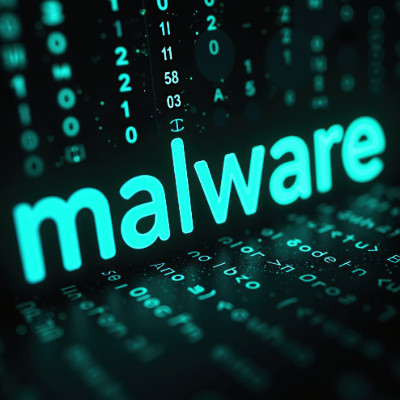
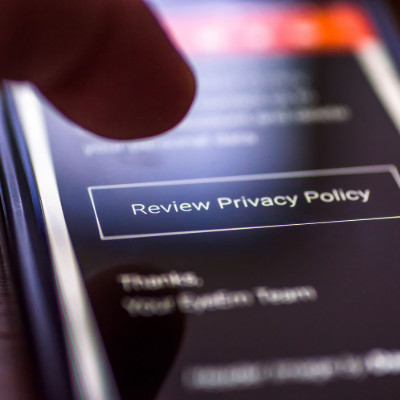
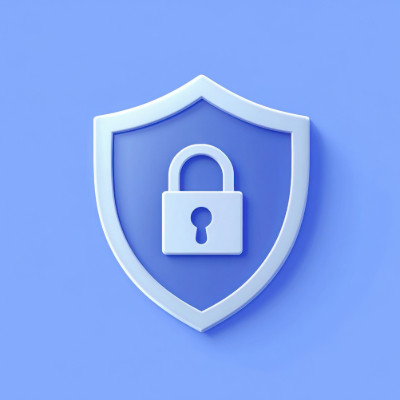
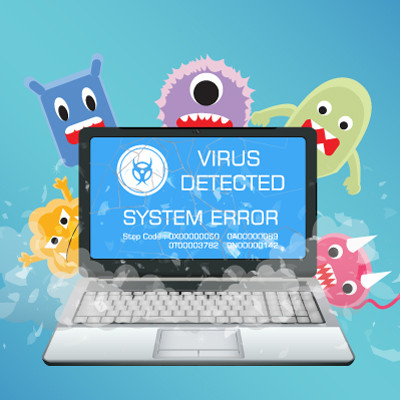



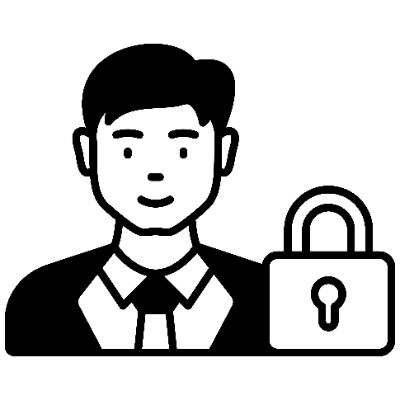


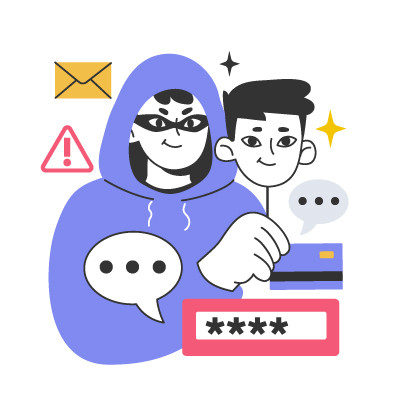
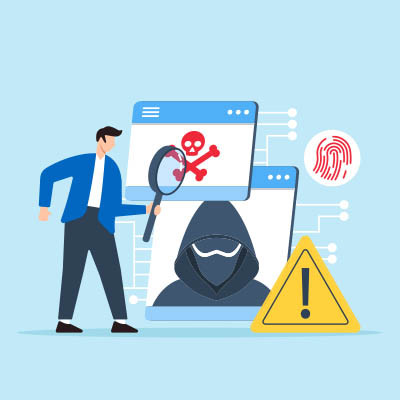

![How to Get Your Passwords in Order, and Keep It That Way [Part 5 of 5]](https://www.accucom.com.au/images/easyblog_shared/January_2025/1-15-25/b2ap3_large_Protection_602670589_400x400.jpg)
![How to Get Your Passwords in Order, and Keep It That Way [Part 4 of 5]](https://www.accucom.com.au/images/easyblog_shared/January_2025/1-13-25/b2ap3_large_ProtectPassword_612796604_400x400.jpg)
![How to Get Your Passwords in Order, and Keep It That Way [Part 3 of 5]](https://www.accucom.com.au/images/easyblog_shared/January_2025/1-10-25/b2ap3_large_MFA_519254719_400.jpg)
![How to Get Your Passwords in Order, and Keep It That Way [Part 2 of 5]](https://www.accucom.com.au/images/easyblog_shared/January_2025/1-08-25/b2ap3_large_PasswordManager_409150837_400x400.jpg)
![How to Get Your Passwords in Order, and Keep It That Way [Part 1 of 5]](https://www.accucom.com.au/images/easyblog_shared/January_2025/1-06-25/b2ap3_large_StrongPassword_530099076_400x400.jpg)




